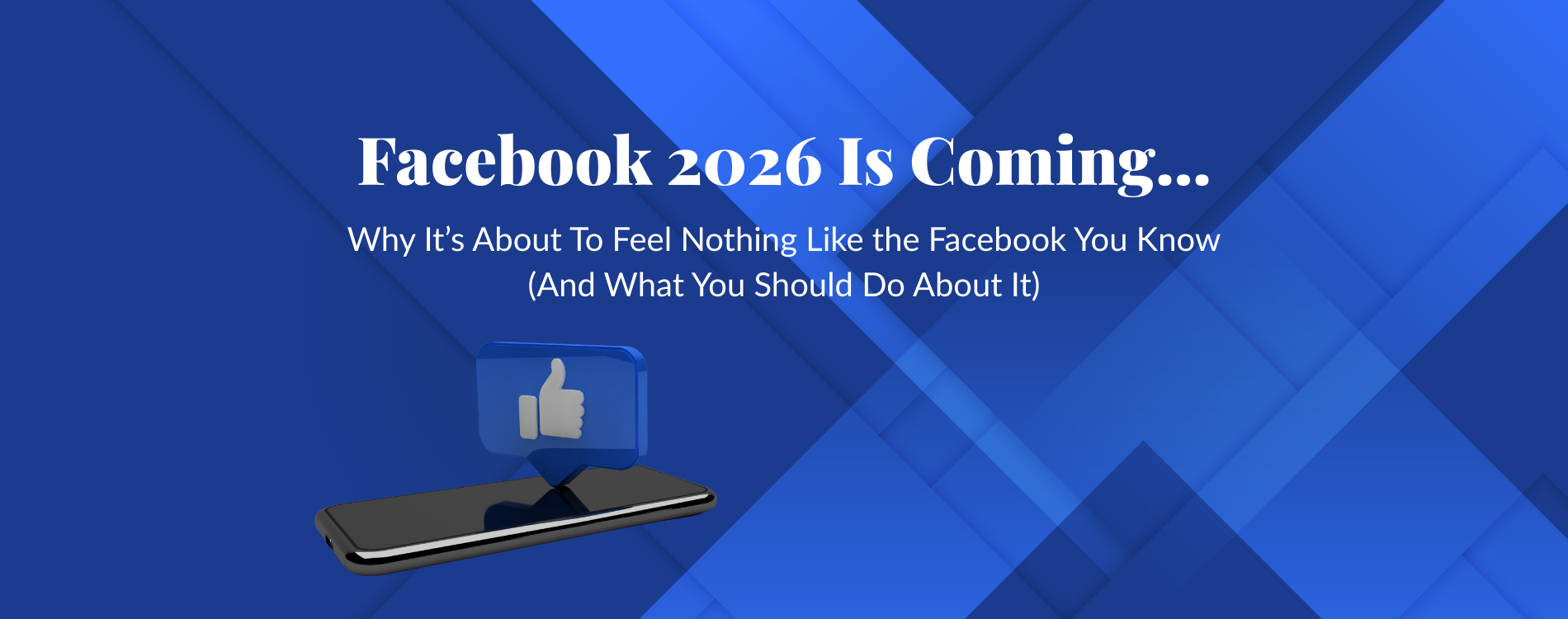7 Benefits of Measuring Customer Experience for Your Online Business

A company can gain various benefits from measuring customer experience. When properly collected and transcribed, this data can be used to improve company products, services, branding, and marketing initiatives. It may also increase customer awareness, loyalty, and preference.
However, measuring customer experience doesn’t come without its own set of risks.
For instance, collecting flawed data can cause you to make bad business decisions that could put both your reputation and finances at risk. Your customers may also feel annoyed by your constant surveys and feedback requests. Both scenarios can very easily undermine your relationship with your clients.
Regardless, the benefits of collecting and measuring customer experience are far greater than the drawbacks. This is essentially why many companies now use these metrics to improve and solidify business strategies and relationships.
Here are seven (7) benefits of measuring customer experience for your business.
Drive-Up Sales
Most companies treat customer experience as an afterthought. However, if you want to increase revenue and improve awareness, prioritizing measuring customer experience is key.
A company that’s dedicated to improving customer experience creates strong relationships with its stakeholders. On top of that, it increases brand awareness and loyalty. This is because customers become more willing to share their work and products with potential customers. In other words, sales cycles are shortened and closing rates are boosted.
Offers Competitive Intelligence
Gaining competitive intelligence is yet another reason for companies to measure customer experience. By gathering and analyzing user feedback, you get to read what your customers feel and think about your products and services written in their own hands, with their own words.
This gives you invaluable insight into how your clients view your company compared to your competitors. You may then use this knowledge to refine your strategies and create sales pitches that stick better.
Defines Priorities
Many companies rely on stereotypes and anecdotes to create their strategies when they should be leveraging data analytics to define opportunities and risks. By evaluating the way your customers conduct their research and purchases online or in-store, you can devise a better SEO strategy and increase your rankings in the process. Furthermore, you can create products that are much better suited to the needs and preferences of your audience.
One of the most common reasons why companies and products fail is because they forget to prioritize customer needs over company aspirations. Thus, if you don’t want your company to suffer the same fate, it would be wise to regularly measure customer experience.
Removes Guesswork
Relying on measurable feedback from customers removes most of the guesswork involved in running a business. As a result, you’re better equipped to do what is needed for your businesses' success.
Planning to launch a new line of products this season? Gathering client feedback will help you construct a better product — one that has all the features and functionalities that your clients need or want.
Engages Employees
People tend to show more loyalty and investment in things that they have a better understanding of. The same can be said about company employees. When they are involved and invested in the growth and improvement of your business, they become more engaged and, therefore, provide the company with much better services and results.
Customer experience surveys allow employees to peek into the thoughts of customers. This creates space for your employees to feel good about their roles in meeting the company’s mission. Furthermore, it encourages them to continue providing high-quality products and services.
It all comes full circle at some point: happy employees = happy customers.
Reduces Customer Turnover
The most successful businesses know that the cost of acquiring new clients is far greater than the money needed to retain existing ones. Therefore, a business needs to take measurable actions that help improve customer satisfaction and, in turn, retention.
Satisfied customers are more likely to stick with a business. This reduces customer turnover and sustains revenue for years to come. Therefore, measuring customer experience is a great tool that companies can use to create platforms where their customers can feel seen, heard, and appreciated.
Reinforces Brand Preference
As soon as the quality of your products or services changes, the possibility of your clients transferring their interests to your competitor also rises. It ’s a company’s job to maintain a certain level of quality and functionality to continue serving the everchanging needs of its customers. Measuring customer experience is a great way to identify these slight alterations, so you can immediately create strategies that meet them.
The more time and resources you invest in creating great customer experiences for your clients, the more likely you are to increase your bottom line.
Final Thoughts
Customer experience holds such an important role in modern businesses and brands. It is in every company’s best interest to start using and understanding these metrics to improve their services and products. This will help cement your irreplaceability and importance in your customers’ minds.
At BizBolster Web Solutions, we offer several solutions for improving your customer's experience and reinforcing your brand! If you would like to discuss your situation and how we could possibly help, we recommend a FREE 30-minute Breakthrough Session with Lori. To schedule, click on the "LET'S CHAT" button or go to : https://www.bizbolster.com/connect.





